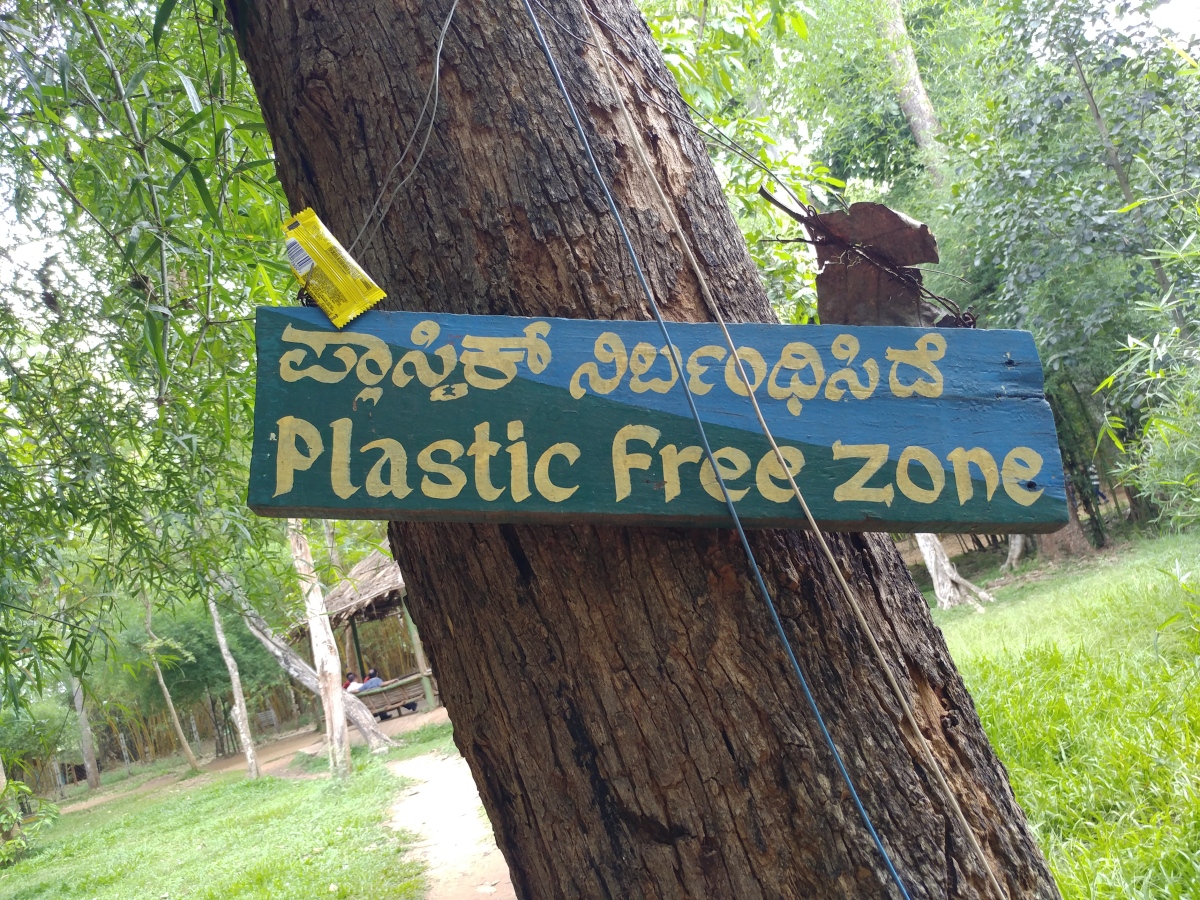Here’s a bandwagon I’m more than happy to jump on to- #BeatPlasticPollution.
It’s amazing how many people are interested in cutting down their use of single-use plastic. Or is that just what the algorithms are feeding me?
I’m personally very concerned about being as low-waste as possible, especially when I travel.
Why particularly when I travel, you ask. What about when you are wherever you live (home or expat-land)?
Needless to say, I’m careful at (nearly) all times. I do my best to make conscious choices. When you’re home, you know what your options are for disposal, recycling, take-back schemes. Plus you have access to your own arsenal of reusables. But when you travel, it’s easier to slip up, as I did in SG (sorry, SG!)
I recently visited Kodagu aka Coorg, Karnataka, India for the first time. I was impressed by the fact that we were given only one plastic carry bag in our week there. Even food deliveries come in cloth bags.
My best friends either used the metal straws I carried for them or drank straight from the glass (you know, like regular folk). People looked at me funny every time I said “No straw, please”, but not when we held out our cloth bags to put stuff in. Education?
Did we get through the whole trip without discarding anything inorganic? Nope. We just made better choices than we would have before:
- We bought bigger bottles of water, and used our sippy cups and straws when we could
- We ate at restaurants rather than have them deliver to us
- To blow our noses after all the masala and chilli we ingested, we used hankies/towels
My waste-related goals for my next trip:
- Drink tap water if feasible. If not, buy the biggest bottle possible, and fill my bottle with that.
- Carry a tiffin for food so it doesn’t need to be put in bags or even boxes. A paper bag I’m okay with.
- Take the Metal straw along.
- Reuse plastic cutlery that I already own, perhaps carry metal cutlery.
- And a cloth bag. Always a cloth bag!
But what do I do about the waste created in-flight?
Another challenge to surmount…
